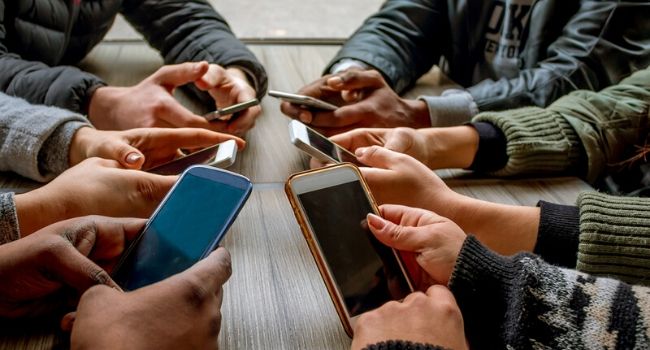
Israel Moves to Track Cell Phone Location Data To Prevent Spread of Coronavirus
The U.S. and tech companies are contemplating a similar step, though the American version of cell phone tracking would likely include aggregated data and more privacy protections.
- By Haley Samsel
- Mar 19, 2020
As countries around the world determine the best ways to combat the spread of COVID-19, Israel is taking a singular approach to fighting the coronavirus pandemic: instructing the country’s internal security service to identify people who have come into contact with the virus through their cell phone location data.
Prime Minister Benjamin Netanyahu made the decision on Tuesday night, arguing that the electronic tracking of patients using a counterterrorism tool was necessary in the wake of an international emergency.
"Because the virus is spreading at a tremendous pace, a delay of even one hour in these tools can lead to the deaths of many Israelis, just as is happening with the deaths of thousands in Italy and in other places in the world," Netanyahu said in a statement, according to CNN.
The measure was approved by a transitional government, which opponents say is making life-or-death decisions without support from the majority of the electorate.
Advocates for privacy rights were concerned with the lack of oversight of the security agency, Shin Bet, and the potential for location tracking of Israelis by law enforcement to become commonplace. The chief of Shin Bet, Nadav Argaman, said in a statement that only a very limited group of agents would have access to the data and that it will not be stored in the Shin Bet database.
“Israel is a democracy,” Netanyahu said earlier this week, according to The New York Times. “We have to maintain the balance between the rights of the individual and needs of general society, and we are doing that.”
Netanyahu’s critics include former Israeli deputy attorney general Malkiel Blass, who told the Times that because the Israeli parliament dissolved in December, Netanyahu was operating without enough input or oversight from legislators.
“Even in crises of this nature, the core of civil rights in a democracy must be preserved,” Blass said. “I understand that infection and contagion and the spread of the virus must be prevented, but it is inconceivable that because of the panic, civil rights should be trampled without restraint, at levels that are totally disproportionate to the threat and the problem.”
There is a chance that Americans will also have their cellphone location data shared with the federal government, The Washington Post reported on Tuesday. The difference would be that tech companies would likely share aggregated location data rather than individualized location data showing a person’s whereabouts.
Other options include tech companies like Apple and Google sharing insights from the data itself rather than sharing raw data with the government. Privacy experts suggested that government officials restrict their data requests to very specific categories that would inform public health decisions rather than making blanket requests for raw data.
“We are in the middle of a public health crisis,” Adam Schwartz, senior staff attorney for the Electronic Frontier Foundation, told Recode. “And some rebalancing of collective and individual interests may be appropriate. But those adjustments need to be temporary and science-driven and not discriminate.”
For their part, representatives of the tech industry speaking with White House leaders told the Post they are still in the process of collecting ideas and proposed actions, which will then be presented to government officials.
About the Author
Haley Samsel is an Associate Content Editor for the Infrastructure Solutions Group at 1105 Media.